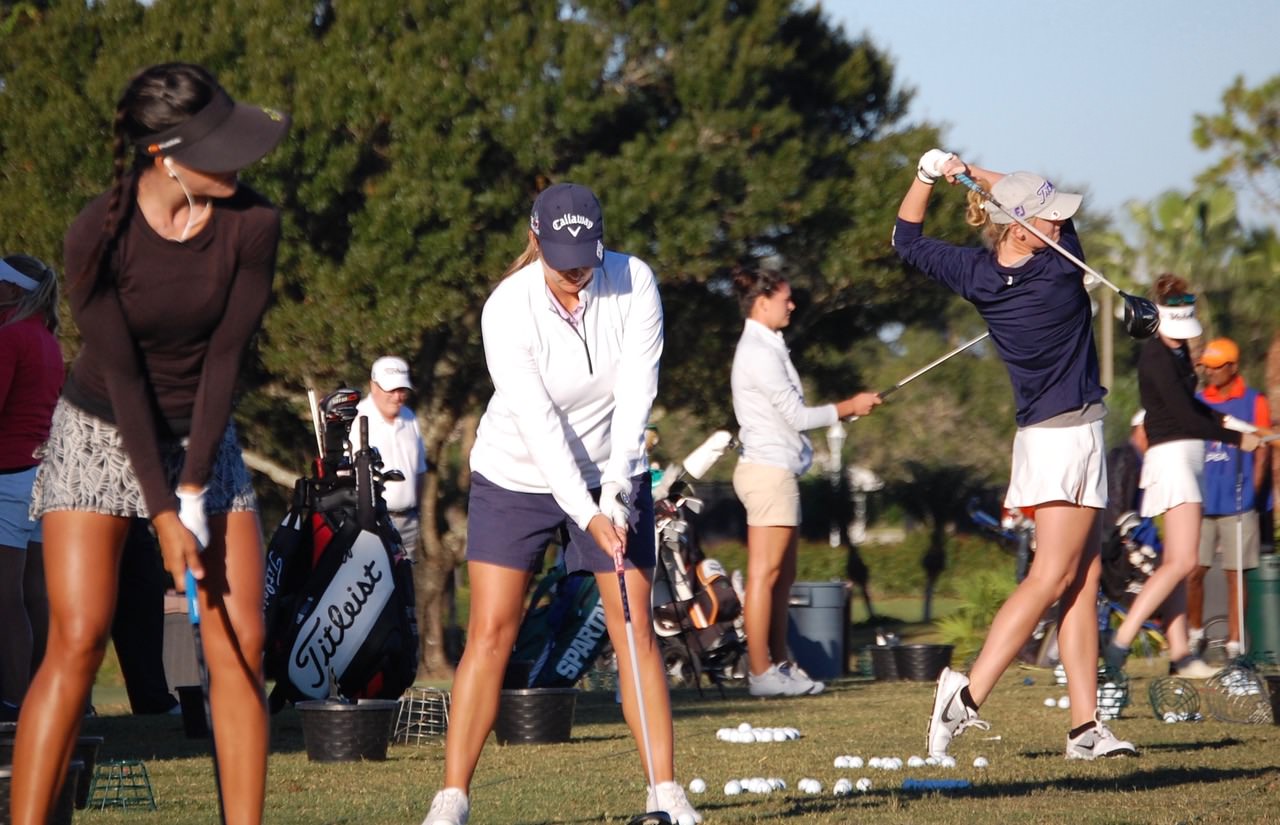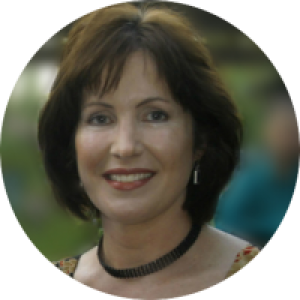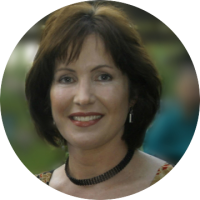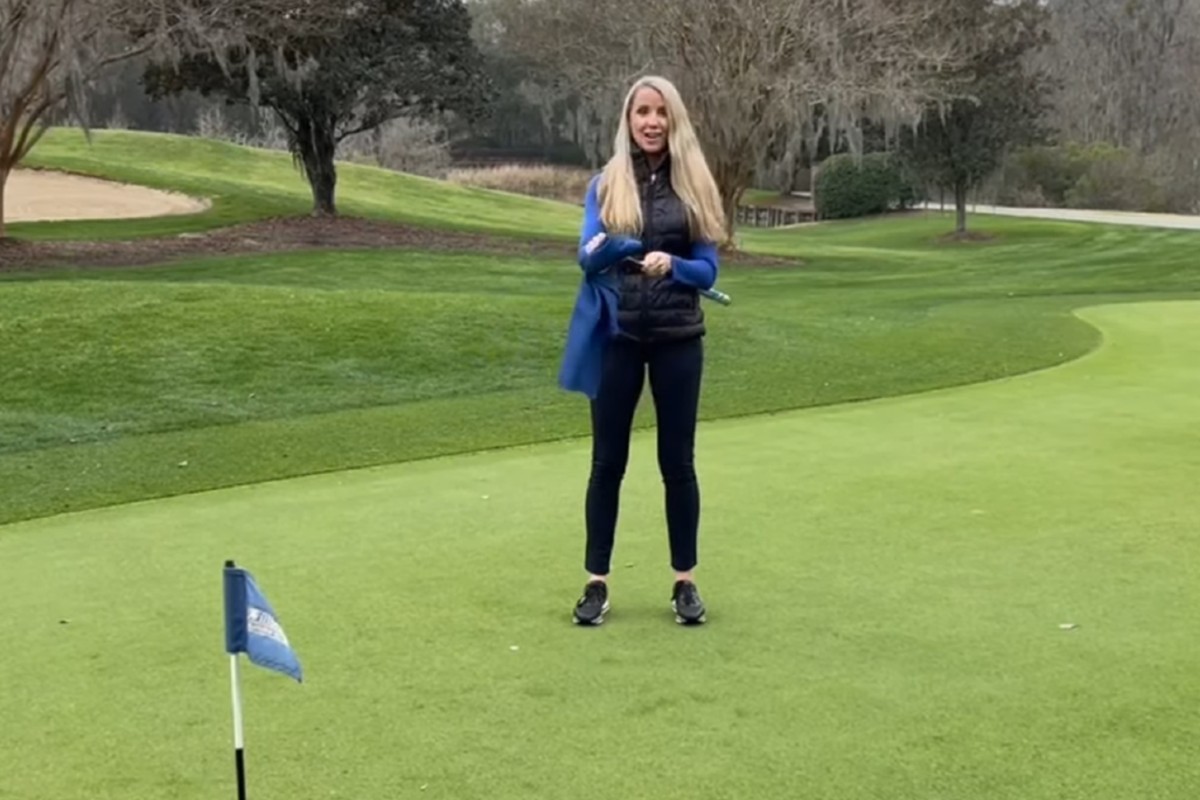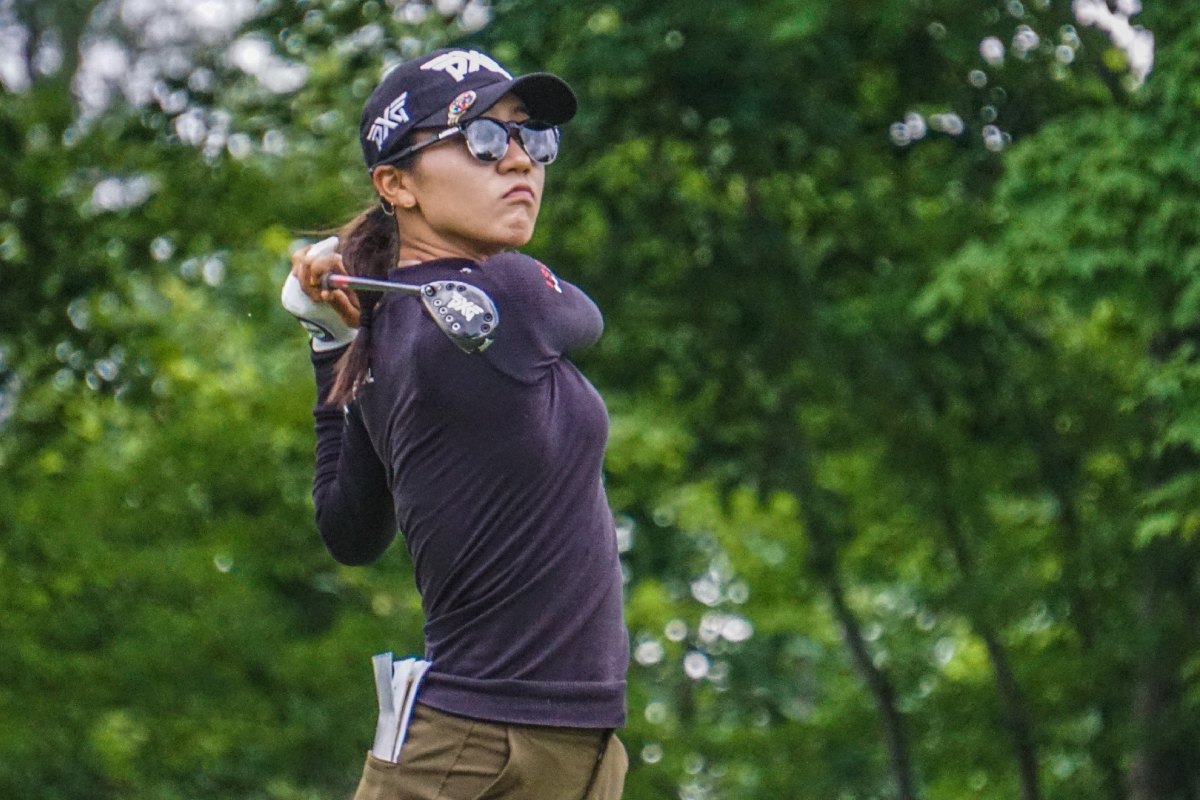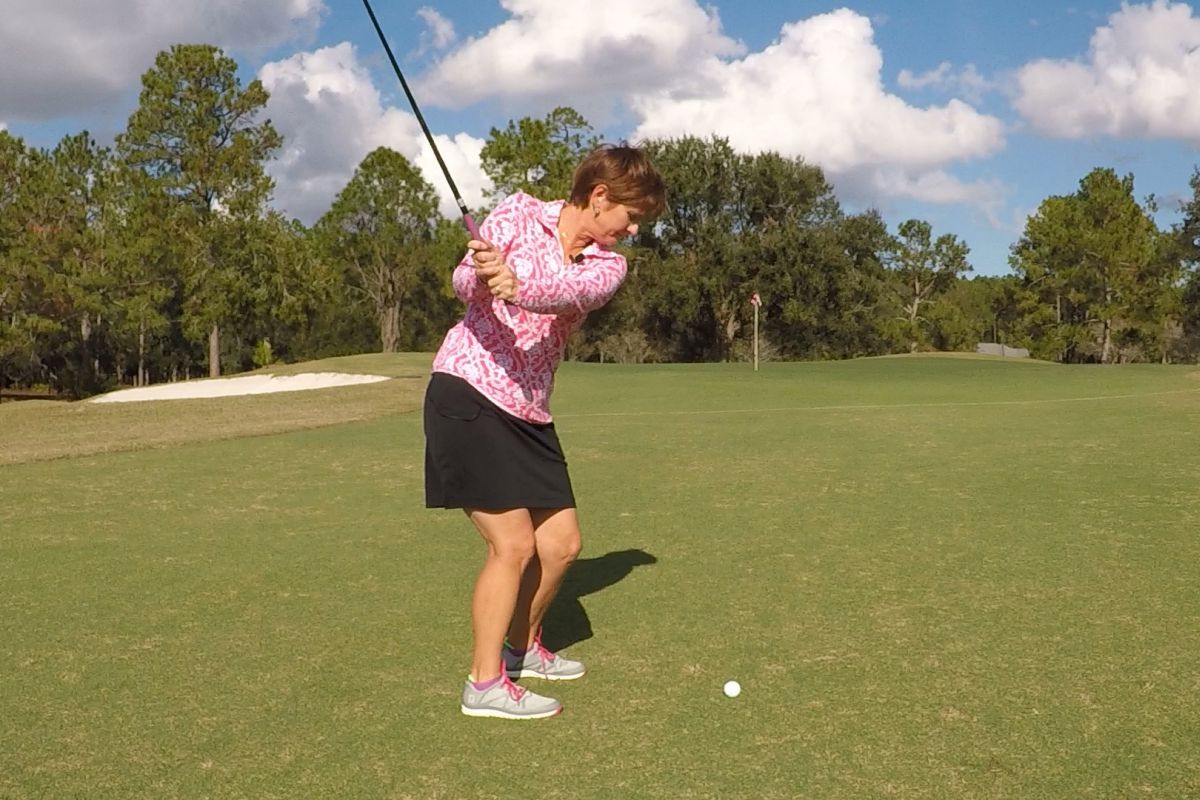How hard is it to win on tour and actually earn a good living?
The “Road to the LPGA” came through Venice, Florida from October 20th thru October 23rd with Stage II of the LPGA Qualifying Tournament at the Plantation Golf & Country Club.
A field of 193 women from the United States and 39 countries around the globe competed. The 80 players with lowest scores after the final round at Plantation advanced to the Final Stage, where they will have a chance to earn full-time and partial LPGA and Symetra Tour status for 2017.
Casey Kennedy, a rising star in the world of professional golf, is now 25. She played at Venice (FL) High and won statewide championships. She played for four years at Augusta University in Georgia at the NCAA Division 1 level and won collegiate tournaments. Soon after graduating, she began pursuing her lifetime dream of becoming a professional golfer.
Last year, in the Symetra-LPGA Qualifying Event in Venice, Casey Kennedy earned “full-status” to participate in all Symetra Tour events this season.

By now, she has competed in twenty such professional tournaments, so she didn’t need to play in the Qualifying Event in Venice this year. (There are various paths to LPGA status, one of which is based on successful play in Symetra Tour events.)
Even though some of today’s golf stars make huge fortunes, most don’t start off with deep funding for the sport. Young professionals like Casey Kennedy have to pay an average of $500 to enter each tournament in which they play, and of course, they have to provide for living and travel expenses to get to tournament venues all over the country. If you don’t come from a family that can fully finance your professional golfing aspirations, you’ve got to become an entrepreneur as well as a great player to be successful.
Casey Kennedy
For this article, I asked Casey Kennedy a few questions about the challenges of breaking into professional golf, both as a player and as the entrepreneur of her own career.
How does it feel to play on the tour with no one but yourself to handle the basics of surviving on the road? Do you miss the “amenities” provided by your collegiate athletic program?
In college, most of the event planning and organizing were done by the coaching staff and the athletic department. So really, when we were given the event schedule at the beginning of the year, we would just know that we would be participating in these events, and not really give much more thought to the issues of dealing with flights, transportation to and from the tournaments, hotel, and food, our equipment, our clothing or anything dealing with anything else but making sure we trained as best and as hard as we could to really compete on the day of the events.

What have been the major challenges of your first two years on the Symetra Tour, both as a player and as someone striving to build a career?
In my first year on the Symetra Tour, in 2015, I felt there was so much on the line each and every time I went out for an event. I started with very limited money and knowledge of how to be a professional. I am now well underway into my second year as a professional and many of the hard knocks that my small team and I experienced in my rookie year have made us a lot more composed in terms of how we respond to the logistical nightmares that sometimes come our way.
Approaching an upcoming tournament now is a lot easier than it was. It’s not as if we have all the answers when we approach an upcoming event or a series of events, but we have learned to be “proactive” about situations and try our best to figure out how to make them work. I feel grateful, lucky, and honored that this small team of great people has believed in me, helped me, and urged me on.

Have your winnings covered the costs of what it has taken to play on the Symetra Tour this year?
At the beginning of the year, I sat down with one of the people who is part of what I call my “team,” and he and I went over how much money we would need to raise to make happen what we needed to make happen. To this day, we are nowhere close to that number. BUT as this year unfolded we realized that we didn’t always have to have money in reserve to cover all the financial problems we might face. We needed to find ways of covering expenses other than those that cost money “up-front.”
Coming into the summer, I knew I was very limited on money, and on my way to Georgia, I constantly reminded myself that I needed to focus on playing well and focusing on each and every shot to do the best that I could in the Dark ‘n Stormy Tournament in Atlanta. With the help of those around me I kept my calm and composed mentality, and through my determination in keeping this mindset, I hit the ball well and had luck on my side.
I earned some decent prize money and that definitely helped because for the rest of the summer. I could focus on my game rather than worrying about how to pay for my next place to sleep, or putting gas in my car. That prize money was a lifeline to make happen what my small team and I achieved. And on top of that, small contributions from donors throughout the summer also supplemented gaps that I may have had with money here and there.

In terms of golf as a professional career, what do you consider your biggest insights from your experiences this year?
Quite simply, in order to build a career, I feel that you’ve got to have a lot of luck, learn from shortcomings and missed opportunities, and minimize the repeat of those mistakes. You have to remember that business is a social engagement. It’s about networking and keeping your message sincere and honest. And as long as you like what you do, then all of the above can be done with a sense of enjoyment.
At the end of the day, the biggest focus is remembering the reason I do what I do every day. I am just trying to learn how to be the best version of myself that I can be. If through a career in golf I can make that happen, then I am learning to be a better person for my own future, whatever that may be.
 Mark Seiden is a former college professor of literature and writing who has reinvented himself in retirement as a golfer and golf columnist for the Venice Gondolier Sun. A book of his entertaining columns, “Golf’s Old Magic,” is available at Amazon. Mark and his wife Renee are dad and mom to five children and seven grandchildren.
Mark Seiden is a former college professor of literature and writing who has reinvented himself in retirement as a golfer and golf columnist for the Venice Gondolier Sun. A book of his entertaining columns, “Golf’s Old Magic,” is available at Amazon. Mark and his wife Renee are dad and mom to five children and seven grandchildren.
Casey Kennedy is a hard working and talented rookie based in Venice, Florida playing for her LPGA card on the Symetra Tour.
is a hard working and talented rookie based in Venice, Florida playing for her LPGA card on the Symetra Tour.
Follow Casey’s progress online: Website | Twitter | Facebook | Instagram
To help Casey with a donation: Go Fund Me – CaseyKGolf Fund
All of Casey’s Player Updates are available here

